Gaskell, Elizabeth
September 14, 2002
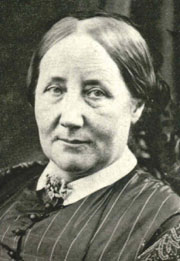
Elizabeth Cleghorn Stevenson Gaskell (September 29, 1810-November 12, 1865), a lifelong Unitarian and the wife of an eminent Unitarian minister, was the author of a half-dozen novels, numerous short stories, and a biography of Charlotte Brontë. In her fiction she examined some of the the social issues of her time, particularly those associated with industrialization in mid-19th century England, the rise of the middle class, and the status of women.
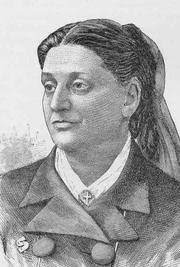
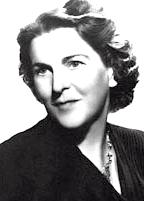
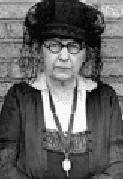
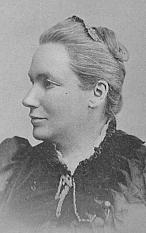
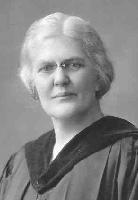
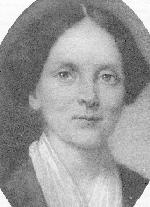
 Louisa May Alcott (November 29, 1832-March 6, 1888), best known as the author of Little Women, was an advocate of abolition, women’s rights, and temperance. Her stories, novels, and poems helped to support the Alcott family, and most have now been republished, widening her reputation beyond that of children’s author and bringing fresh critical notice to her work.…
Louisa May Alcott (November 29, 1832-March 6, 1888), best known as the author of Little Women, was an advocate of abolition, women’s rights, and temperance. Her stories, novels, and poems helped to support the Alcott family, and most have now been republished, widening her reputation beyond that of children’s author and bringing fresh critical notice to her work.…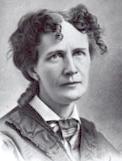
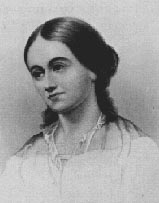 Margaret Fuller (May 23, 1810-July 19, 1850) “possessed more influence on the thought of American women than any woman previous to her time.” So wrote Susan B. Anthony and Elizabeth Cady Stanton in their 1881 History of Woman Suffrage. Author, editor, and teacher, Fuller contributed significantly to the American Renaissance in literature and to mid-nineteenth century reform movements.…
Margaret Fuller (May 23, 1810-July 19, 1850) “possessed more influence on the thought of American women than any woman previous to her time.” So wrote Susan B. Anthony and Elizabeth Cady Stanton in their 1881 History of Woman Suffrage. Author, editor, and teacher, Fuller contributed significantly to the American Renaissance in literature and to mid-nineteenth century reform movements.…